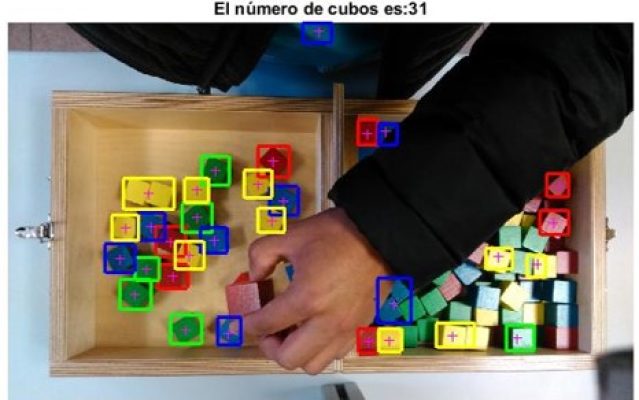The project is aligned with the challenge of Health of the State R&D
Plan which explicitly defines Robotics and Nono-technology. Moreover, the
euRobotics, an organization created to define the priorities of the new
European research funding scheme Horizon2020, explicitly defines among their
lines of work for Medical Robotics: 1) assistive robots in health-related
environments and 2) rehabilitation robots (including prostheses). In the same
way, the latest draft ICT Workprogram for the December, 2013, defines in
section Robotics the theme of Health.
There are four principal objectives: a) development of full-size
humanoid assistive robots that can augment the physical and cognitive abilities
of the patients in Daily Life Activities (DLA): eat, drink, personal hygiene
and transport; the robots will have considerable capabilities for biped
locomotion and dextrous manipulation, which will require a full-body postural
control, b) development of upper-body exoskeletons (shoulder-arm-hand) for the
rehabilitation of patients in hospital environments; here the focus will be on
over-actuated low-cost systems with novel human-machine interfaces (pressure sensors,
eye tracking and touch), c) development of new actuators and nano-materials
with embedded flexible sensors, as well as the use of composite materials for
making robots lighter, safer and more robust, and d) the creation of
intelligent environments for patients that live with robots in hospitals, using
new multi-modal interaction paradigm. Finally, these technologies will be
evaluated in health-related environments with real patients, for which
appropriate experiment protocols and evaluation metrics will be developed.
The complexity of the task at hand necessitates the creation of an
interdisciplinary consortium to ensure a successful outcome of the project.
Specifically, the consortium will consist of 4 partners, two robotics groups
from UC3M, a group on intelligent environments from UPM and one public Hospital
of Alcorcón. In addition, the groups
from UC3M include the associated sub-group, IMDEA Materiales Institute that
will work on results evaluation. All the partners have considerable experience
in Medical Robotics, they have successfully collaborated previously, and they
have complementary skills and experience.

